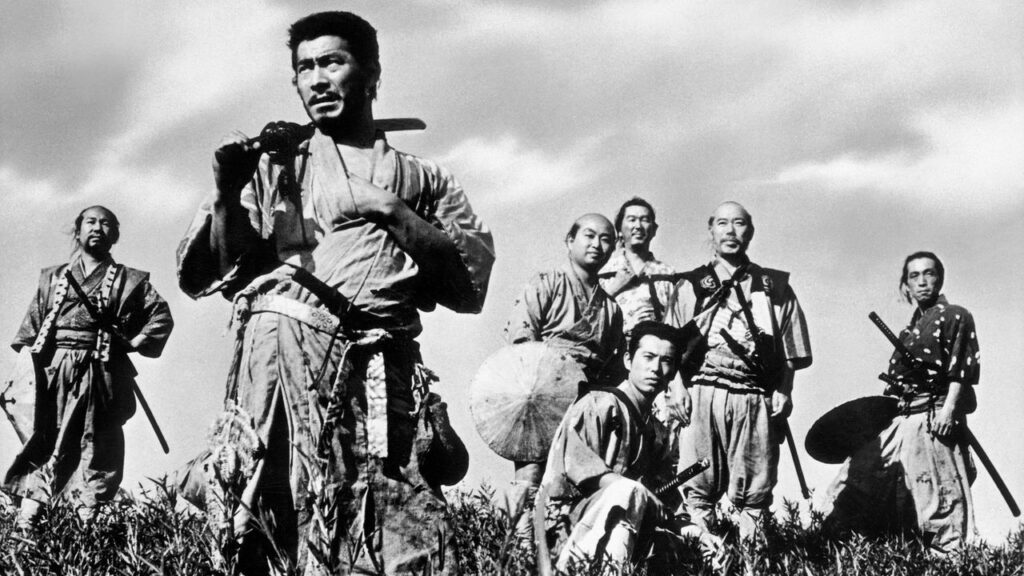Review: Seven Samurai (1954)
Directed by the legendary Akira Kurosawa, Seven Samurai (Shichinin no Samurai) is widely regarded as one of the greatest films of all time. This epic samurai drama blends action, character depth, and philosophical themes to create a masterpiece that has influenced countless movies, including The Magnificent Seven (1960) and many modern action films.
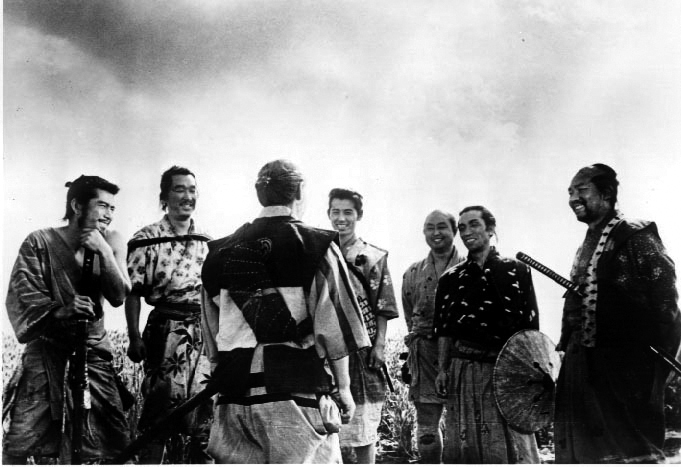
Plot Summary
Set in 16th-century Japan, the story follows a poor village that is constantly raided by bandits. Desperate to protect themselves, the villagers seek the help of samurai but can only offer food as payment. Eventually, they recruit seven ronin (masterless samurai), led by the wise and experienced Kambei (Takashi Shimura).
As the samurai train the villagers and prepare for the inevitable attack, they bond with the community, and each character’s personal journey unfolds. The final battle between the samurai, villagers, and bandits is both intense and emotionally charged, leading to a poignant conclusion about heroism, sacrifice, and the role of the warrior in society.
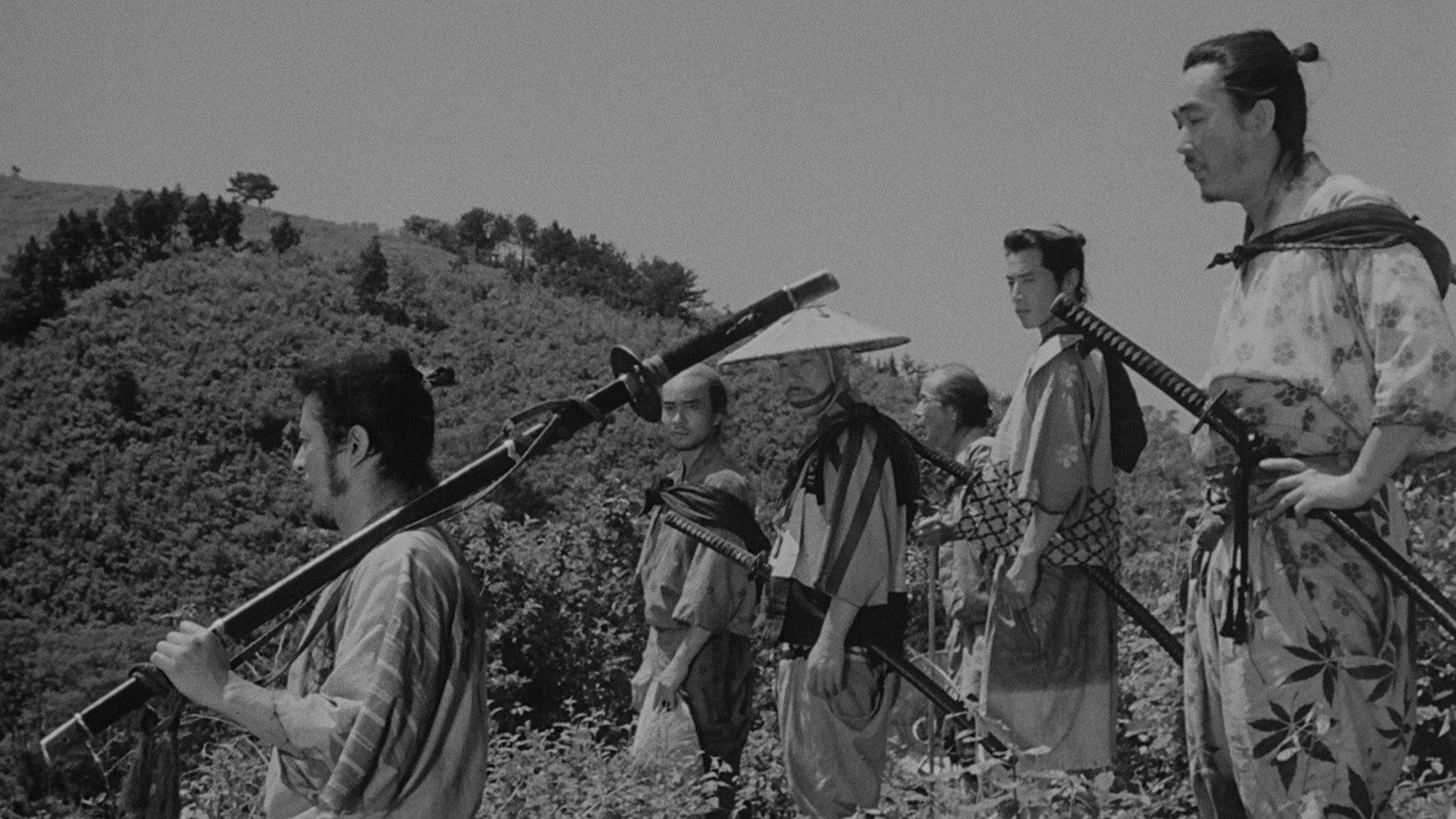
Strengths
Masterful Direction by Akira Kurosawa – Kurosawa’s innovative cinematography, dynamic camera movement, and expert storytelling create a film that feels timeless.
Strong Character Development – Each of the seven samurai has distinct personalities, from the noble Kambei to the hotheaded yet lovable Kikuchiyo (Toshiro Mifune). Their interactions and personal struggles add depth to the story.
Engaging and Well-Paced Narrative – Despite its lengthy runtime (over three hours), the film remains compelling from start to finish, balancing action, humor, and emotional depth.
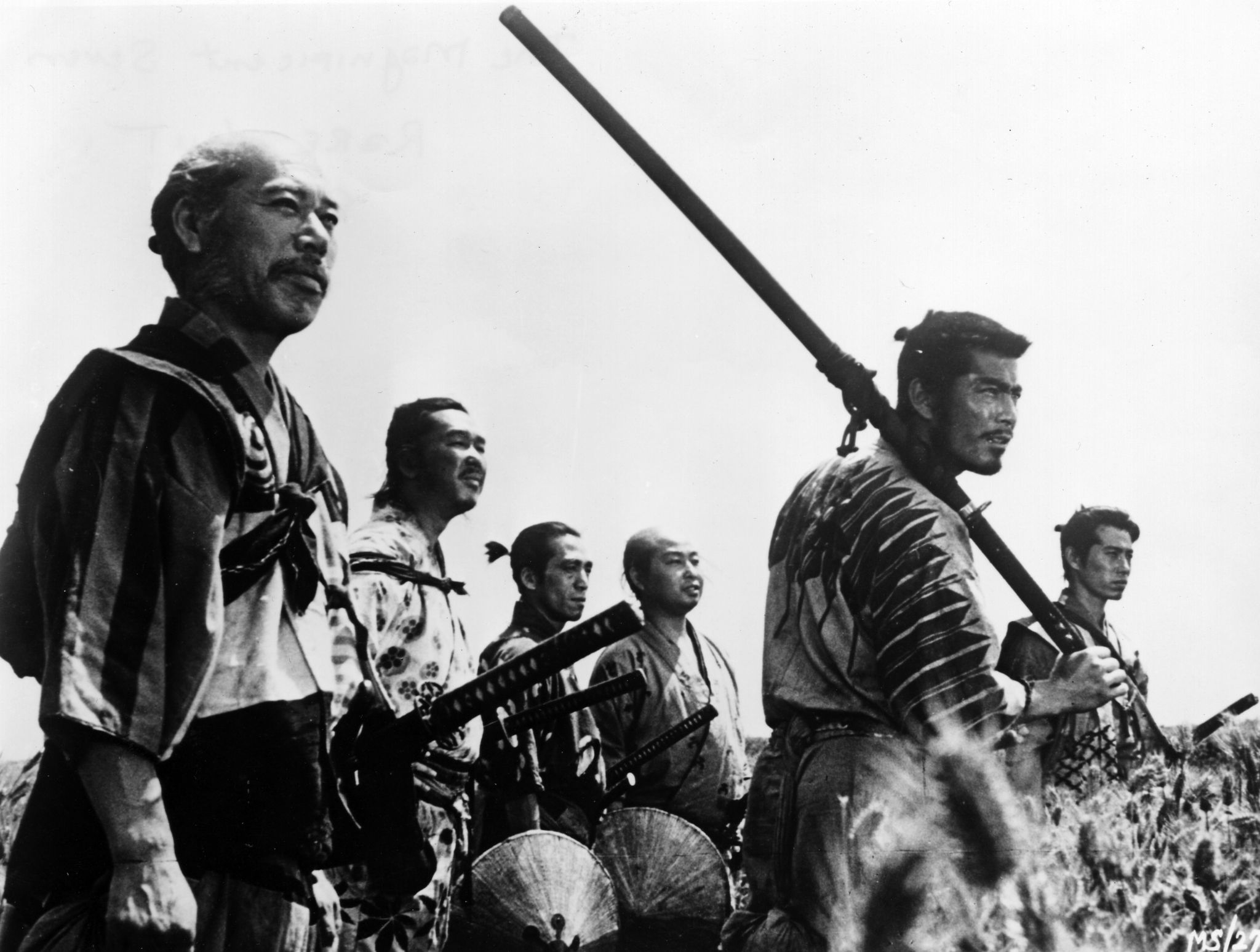
Epic and Realistic Battle Sequences – The final battle in the rain is one of the most iconic action sequences in film history, showcasing Kurosawa’s ability to create intense and realistic combat scenes.
Themes of Honor, Duty, and Class Struggles – The film explores deep themes about the role of samurai in a changing world, the divide between warriors and peasants, and the meaning of true heroism.
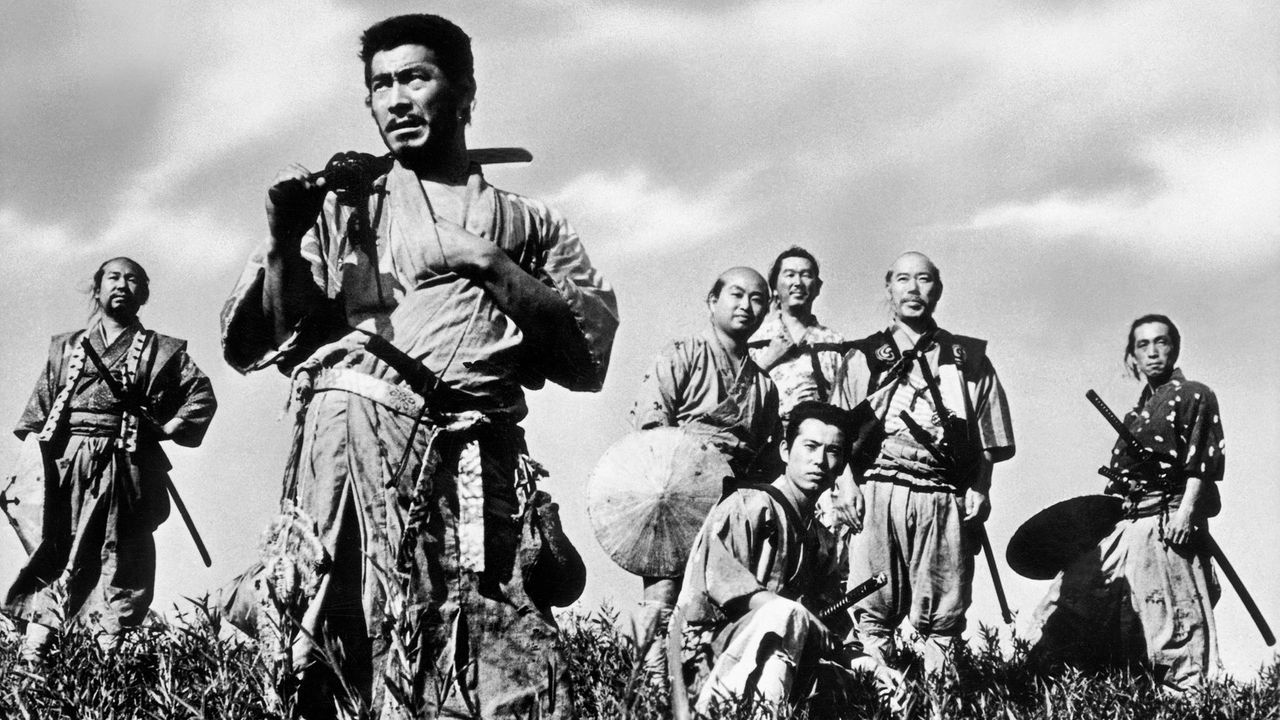
Weaknesses
Long Runtime – At 207 minutes, the film requires patience, which may be challenging for modern audiences used to faster-paced action movies.
Old-Fashioned Acting Style – Some performances, especially Toshiro Mifune’s exaggerated mannerisms, may feel over-the-top by today’s standards, though they are in line with traditional Japanese theater influences.
Verdict
Seven Samurai is a cinematic masterpiece that remains influential even decades after its release. Its combination of deep storytelling, complex characters, and groundbreaking action makes it a must-watch for any film lover. While the runtime may feel long, the film’s impact, emotional weight, and visual brilliance make it worth every minute.
⭐ Rating: 10/10
